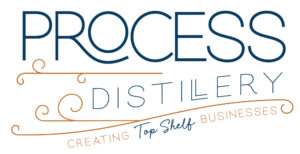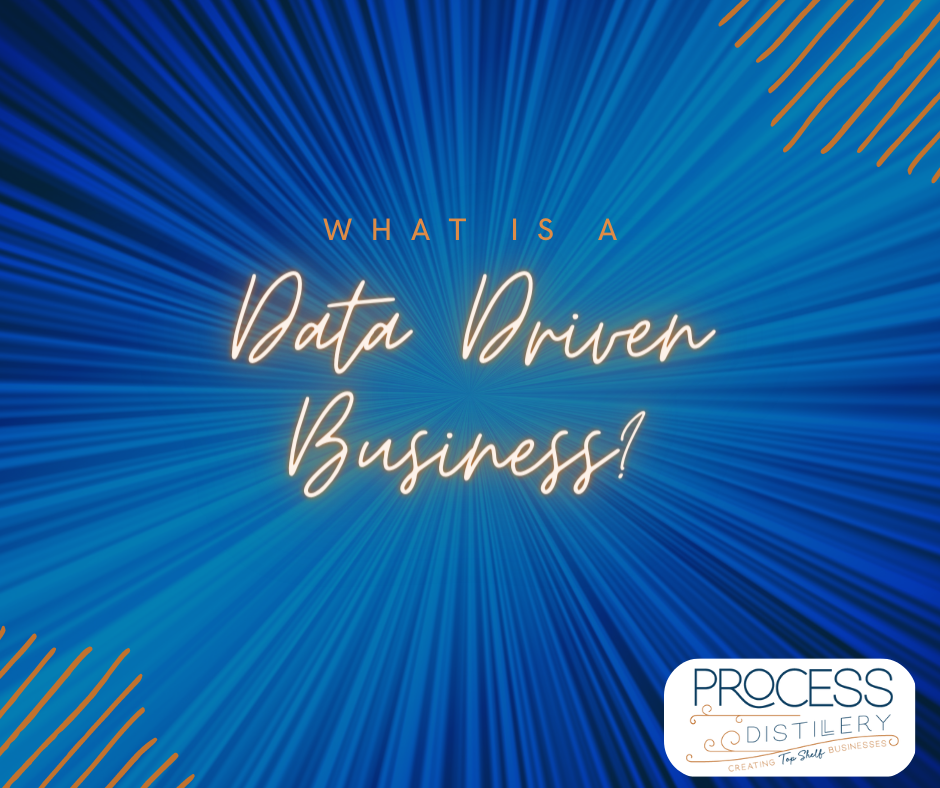A data-driven business is an organization that makes decisions based on data analysis and insights. In a data-driven business, data is collected, analyzed, and used to inform decisions across all aspects of the organization, from marketing and sales to operations and finance.
Data-driven businesses use various tools and technologies to collect, store, and analyze data, such as customer data, sales data, financial data, and operational data. They leverage this data to gain insights into their business processes and customer behavior, and then use these insights to optimize their operations, improve their products and services, and enhance the customer experience.
Some key characteristics of a data-driven business include:
- A focus on data: A data-driven business puts data at the center of its decision-making process. It invests in technologies and processes to collect, store, and analyze data, and it hires data professionals to manage and analyze the data.
- Evidence-based decision-making: A data-driven business uses data to make decisions across all areas of the organization. It relies on data analysis and insights to drive decision-making, rather than intuition or guesswork.
- Continuous improvement: A data-driven business is constantly looking for ways to improve its operations, products, and services. It uses data analysis to identify areas for improvement and then takes action to implement changes.
- Customer-centric approach: A data-driven business puts the customer at the center of its operations. It uses customer data to gain insights into customer behavior and preferences, and then uses these insights to optimize its products and services to meet customer needs.
Overall, a data-driven business is one that uses data to drive decision-making and continuous improvement across all areas of the organization.


